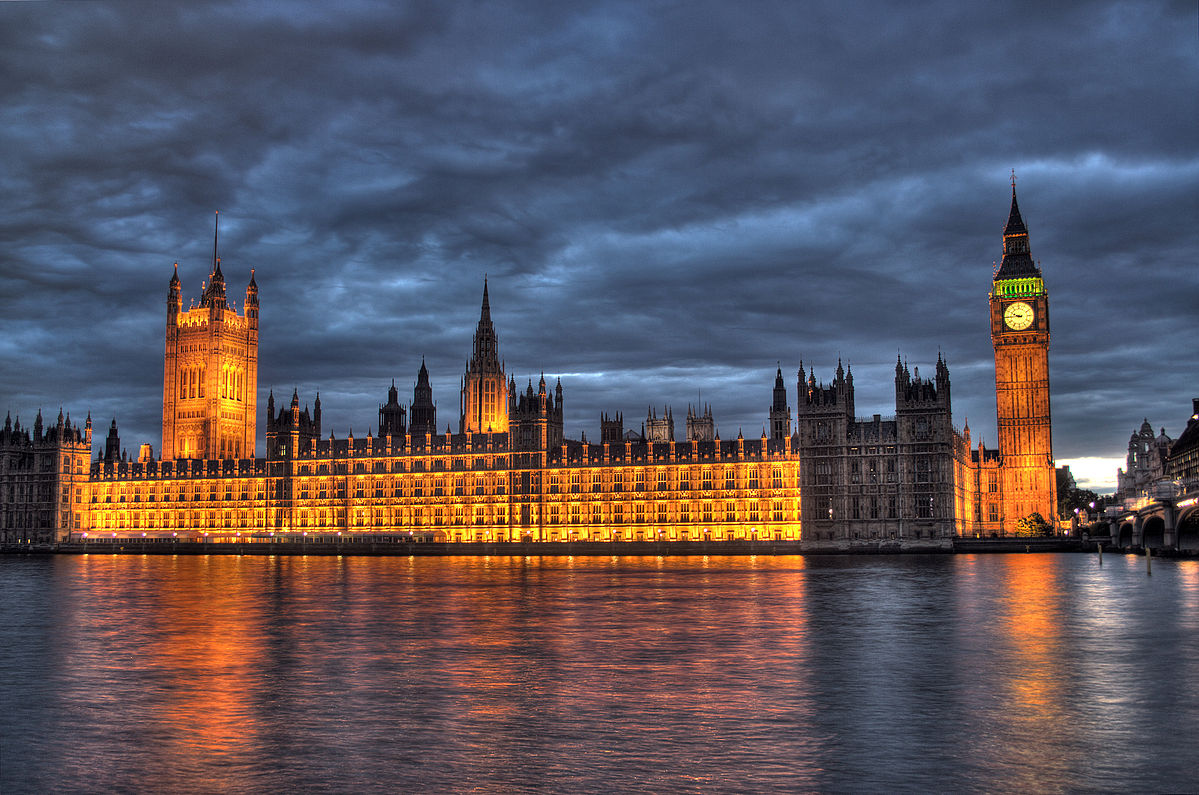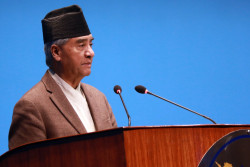Opinion

The “Munshi”, as he was politely accepted in Queen Victoria’s hidebound imperial court, started off as a royal attendant, randomly recruited in India as a servant during the British Raj.
Over the years, Mohammed Abdul Karim, born the son of a hospital assistant in Jhasi, India, chanced upon the Queen’s fancy. He rose in stature and was bestowed with countless honours. He endeared himself to the elderly queen to the point that she decreed he should accompany her on her domestic and foreign travels.
But, when Queen Victoria died in 1901, her son King Edward VII promptly dispossessed Karim and deported his family back to Agra, India. Karim died at the age of 46, most probably of heart-ache and in penury.
Today we know from newly authorised historical accounts that Queen Victoria’s relationship with the handsome Indian extended well beyond the platonic. Understandably, for the times, her son Edward was very keen to erase all salacious records.
A century or so later, long after the sun set over the British Empire, Rishi Sunak, also of Indian origin, has emerged as the frontrunner candidate for the leadership of the Conservative Party, among several others with sub-continental roots. In fact, he just might clinch the UK Prime Ministership in a few weeks from now. While Sunak leads, at least three other candidates with South Asian roots are also expected to throw their hats into the race.

Obviously, it helps the dapper Sunak when the sensationalist UK tabloid press prefixes “hot” and “steaming” to define him in comparison to his former boss Boris Johnson who once self-described himself as “fit as a butcher’s dog”. Libido apparently still makes for a big part of British political popularity.
Regardless of whether Sunak makes it to the premiership, the UK is already a winner. For far too long, the UK has almost singularly borne the brunt of everything that remains unremittingly wrong about colonialism, class and racism. That Sunak and his South Asia rooted compatriots should make it this far is already game-changing. It certainly speaks volumes about the versatility of the British parliamentary system and the open-mindedness of British voters.
Okay, Kamala Harris, who also claims sub-continental roots, is Vice President of the US. But she was elected as US senator by the state of California and subsequently hand-picked by President Joe Biden as his running mate. By a similar stretch, one might also argue that former US president Barak Obama has Kenyan roots. But again, US colonial and chattel history neither echoes nor traumatises us in South Asia as much as it does in Africa. So, for most Americans, it is understandable that Harris – who also shares an African heritage – represents a different new reality altogether.
For now, in our part of the world, the UK stands out and shines. Until the time we see more ethnic Turks in the German Bundestag; Indonesians and Surinamese in the Dutch Tweede Kamer der Staten-Generaal ; Brazilians in the Portuguese Assembleia da República; and Algerians and Tunisians in the Parlement français.






